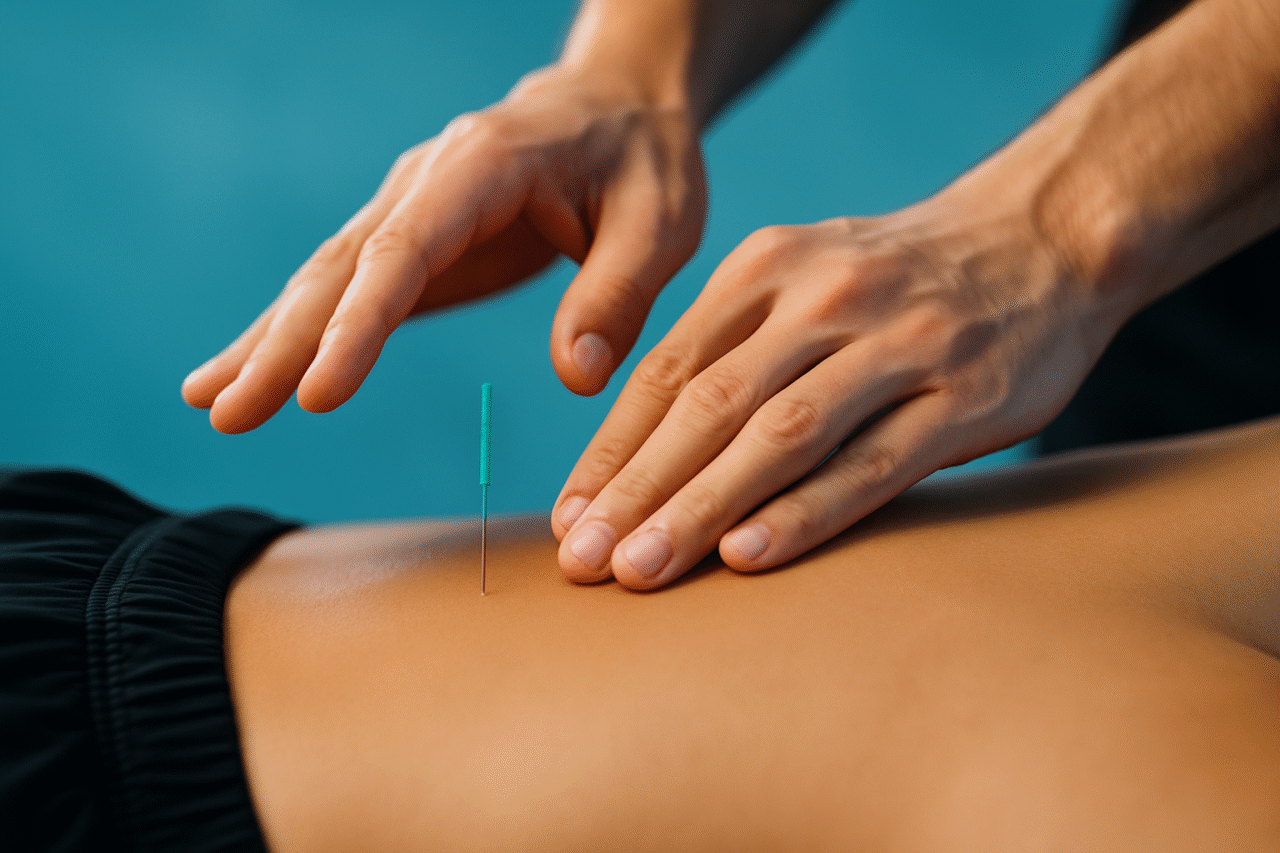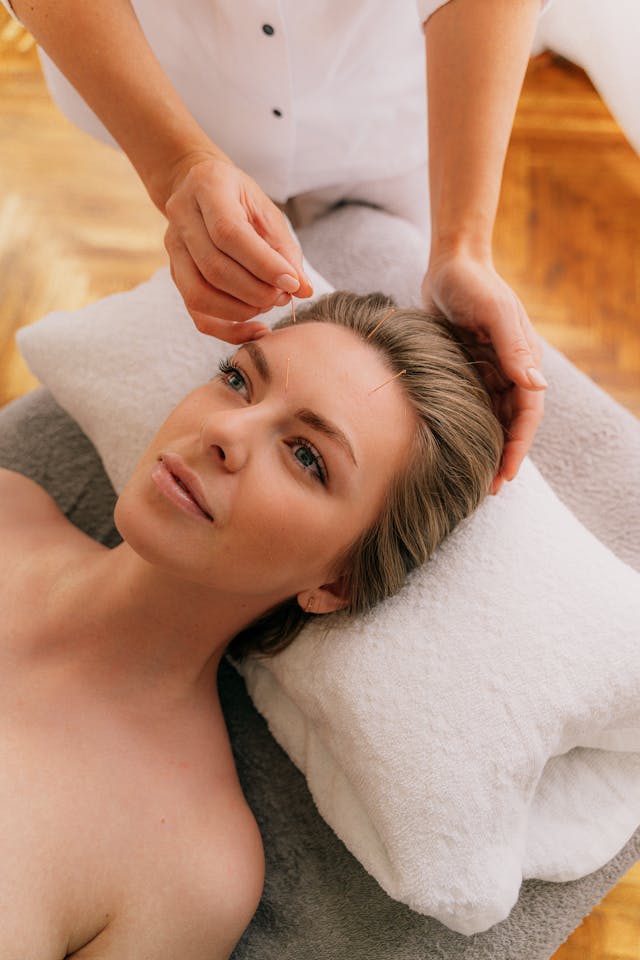
Understanding Cupping Therapy
Cupping therapy is a traditional Chinese Medicine technique used for centuries to support circulation, ease muscular tension, and encourage recovery. It involves creating gentle suction on the skin using glass, silicone, or bamboo cups. The negative pressure draws blood flow into the area, releasing tension in soft tissues and stimulating the body’s natural responses.
At JG Alternative Healthcare, cupping is provided as part of an integrated care plan tailored to your health needs. Whether you are recovering from training, experiencing tight muscles, or managing ongoing discomfort, Jesse adapts the method and intensity to suit your body.

Why People Seek Cupping Therapy
Clients come to cupping therapy for a wide range of reasons. Common goals include:
- Muscular tension – easing tightness in the back, shoulders, or legs.
- Sports recovery – supporting recovery after training or competition.
- Circulation – encouraging local blood flow to assist repair.
- Stress-related tension – calming the nervous system and promoting relaxation.
- Mobility support – easing stiffness and supporting joint movement.
- General wellbeing – feeling more balanced and refreshed after treatment.
According to the National Center for Complementary and Integrative Health, some studies suggest cupping may help reduce musculoskeletal discomfort when applied by a trained practitioner.
Benefits of Cupping Therapy
The table below outlines the key benefits and how they may be experienced in a clinical setting:
| Benefit | How It Supports Clients |
| Muscle relaxation | Releases tension in fascia and deeper muscle layers |
| Pain support | May ease discomfort from overuse, strain, or stiffness |
| Circulation | Draws fresh blood to tissues, aiding recovery |
| Stress regulation | Promotes a calm state and reduced nervous tension |
| Mobility | Assists with easing stiffness and improving range of motion |
| Recovery | Supports post-training adaptation and reduced fatigue |
What Happens During a Session
A cupping session is designed to be safe, calm, and personalised.
- Consultation and assessment – Jesse discusses your health history, current concerns, and goals for treatment.
- Preparation – The skin is cleaned, and a light oil is applied.
- Cup application – Cups are placed with controlled suction at targeted areas.
- Techniques – Depending on your needs, cups may remain stationary or be moved along muscle groups (sliding cupping).
- Monitoring – Jesse checks comfort and skin response throughout the session.
- Aftercare – The cups are removed, the area is cleaned, and advice is given on what to expect.
Temporary circular marks may appear, which usually fade within a few days. These reflect local circulation changes and are not bruises.
Suggested Treatment Schedules
Treatment frequency depends on individual needs, but common patterns include:
- Acute muscle tension – 1–3 sessions within two weeks.
- Chronic stiffness or ongoing discomfort – weekly sessions for 4–6 weeks, followed by reassessment.
- Sports recovery – sessions every 2–4 weeks during training or competition periods.
- General wellbeing and stress support – maintenance sessions every 4–6 weeks.
Each plan is tailored after consultation.
Suggested Treatment Schedules
Treatment frequency depends on individual needs, but common patterns include:
- Acute muscle tension – 1–3 sessions within two weeks.
- Chronic stiffness or ongoing discomfort – weekly sessions for 4–6 weeks, followed by reassessment.
- Sports recovery – sessions every 2–4 weeks during training or competition periods.
- General wellbeing and stress support – maintenance sessions every 4–6 weeks.
Each plan is tailored after consultation.
What to Expect After Treatment
Many clients feel relaxed and lighter after cupping therapy. Others notice increased energy or reduced stiffness in the hours that follow. Temporary marks are normal and a sign of increased circulation.
Jesse will discuss aftercare advice, which may include:
- Resting if you feel fatigued
- Staying hydrated
- Allowing the body to adjust before strenuous activity
Follow-up sessions are based on your goals and response.
Frequently Asked Questions
Does cupping hurt?
Most people describe it as firm pressure or stretching of the skin. It should not be painful.
Are the marks bruises?
No. They are temporary marks from suction and usually fade within days.
How long does a session take?
Cupping is usually 10–20 minutes within a longer treatment session.
Is cupping suitable for everyone?
Jesse will assess your medical history and current condition to ensure cupping is appropriate for you.
Can I combine cupping with other treatments?
Yes. Many clients benefit from combining cupping with acupuncture, gua sha, or herbal medicine.
At JG Alternative Healthcare, cupping therapy is delivered as part of a complete Chinese Medicine approach designed around your body’s needs and recovery goals. Our professional team takes the confusion out of finding a trustworthy clinic by offering in-depth assessments, evidence-informed techniques, and ongoing support.
Cupping is often used with acupuncture or Chinese herbal medicine for those wanting to address pain, recovery, or general wellbeing. If you are ready to move from research to real care, arrange your visit with us now. Book directly at JG Alternative Healthcare in Moonee Ponds or South Morang and take the next step towards a more comfortable, supported recovery.
Recommended
Get In Touch
Book Your Appointment Online
Moonee Ponds Or South Morang




